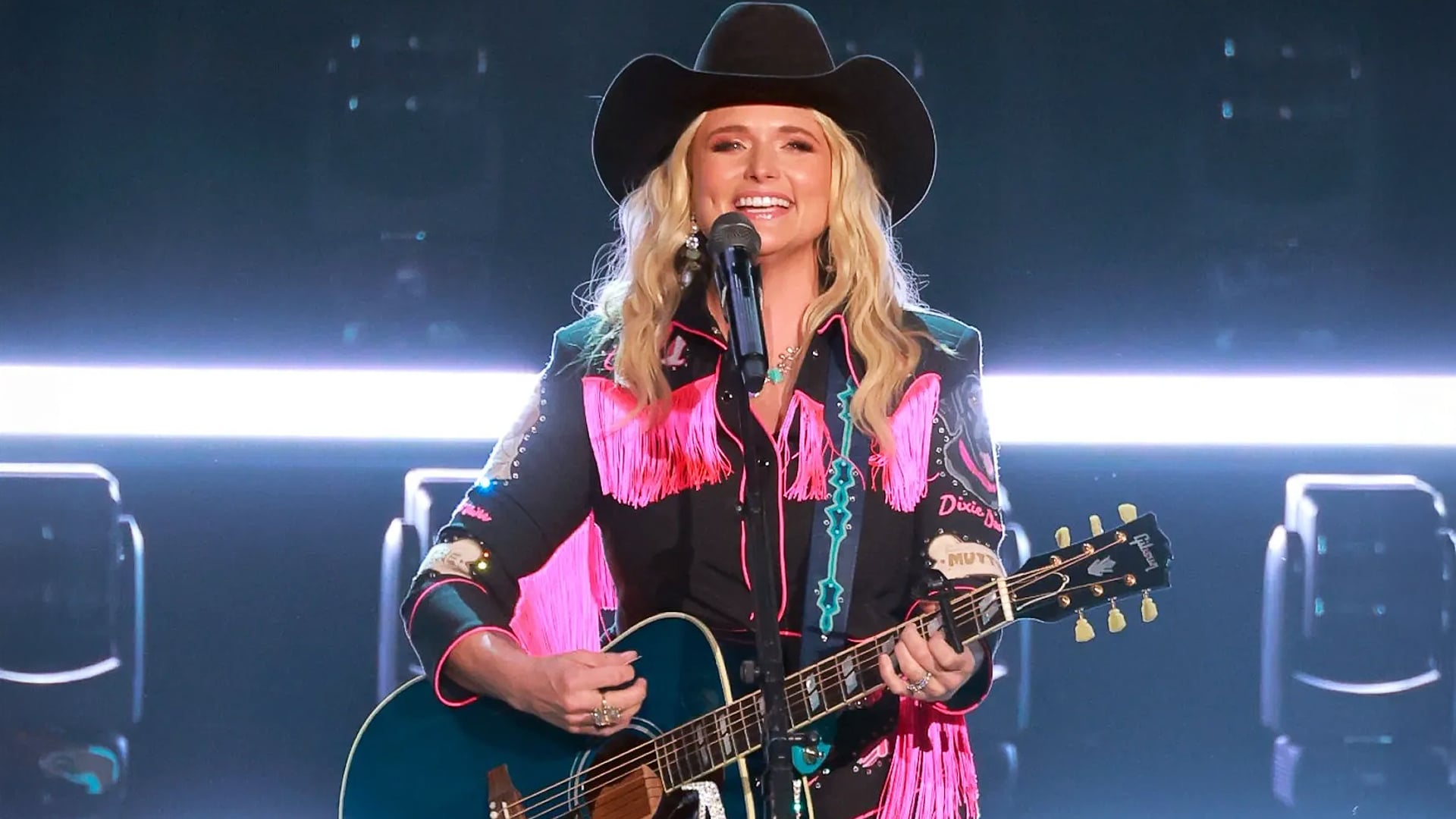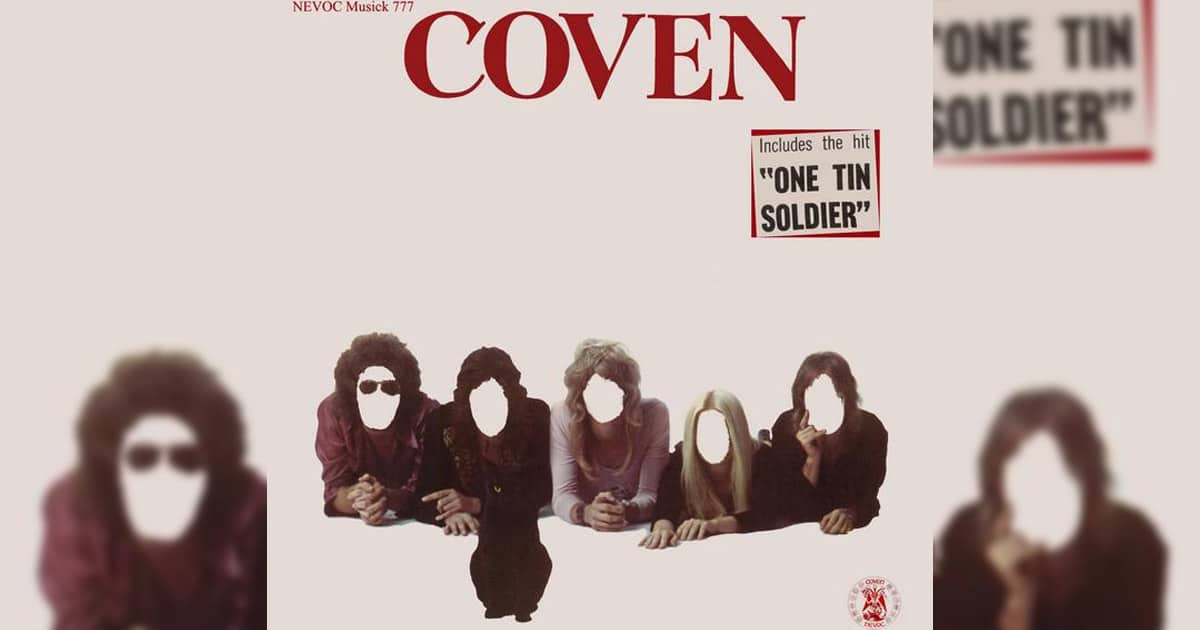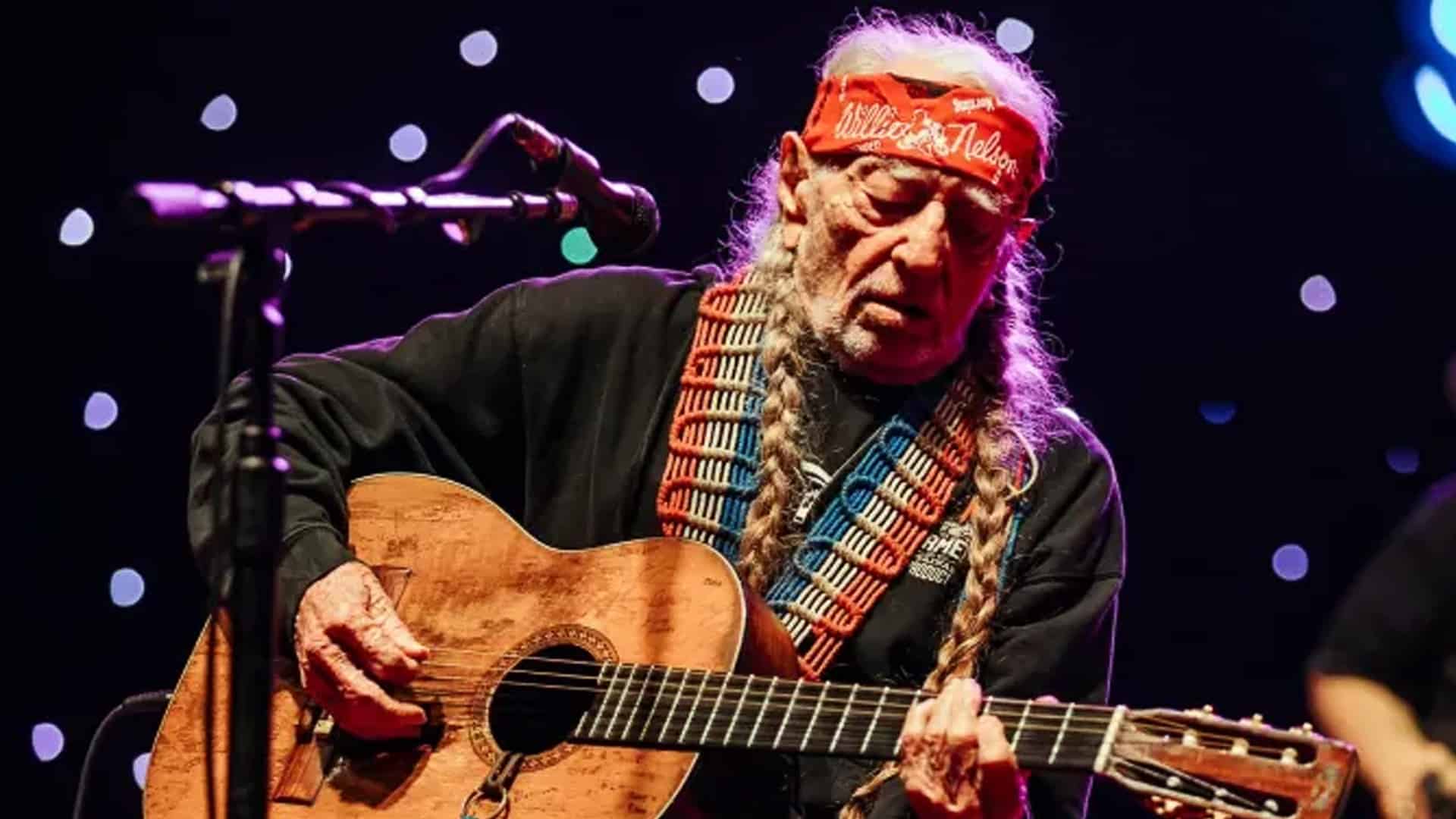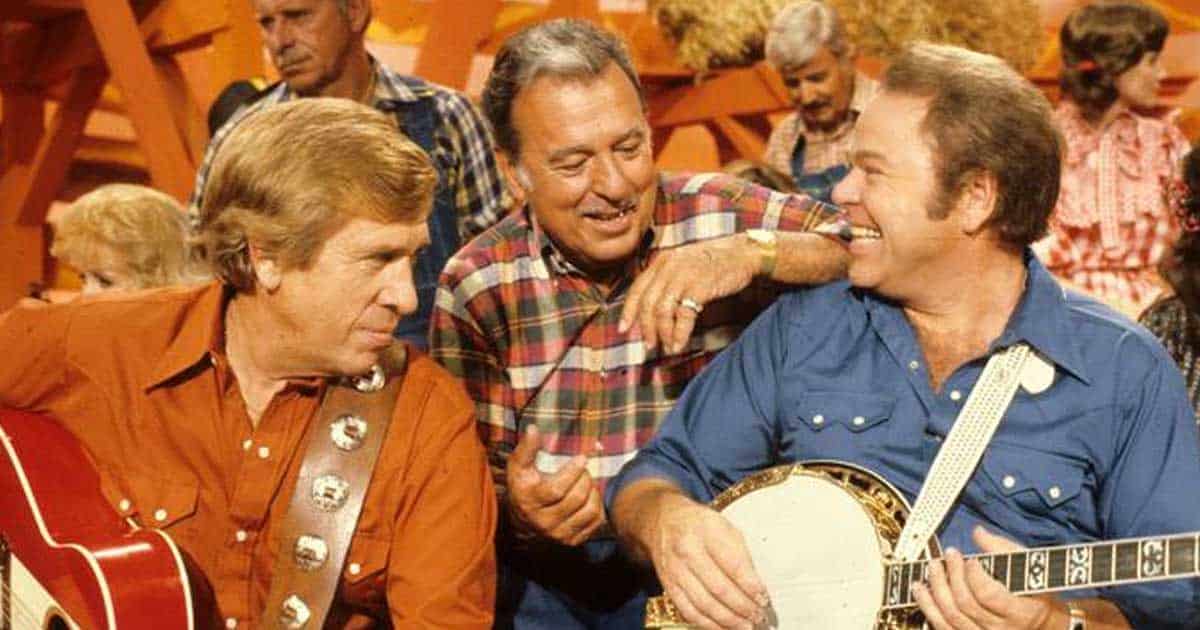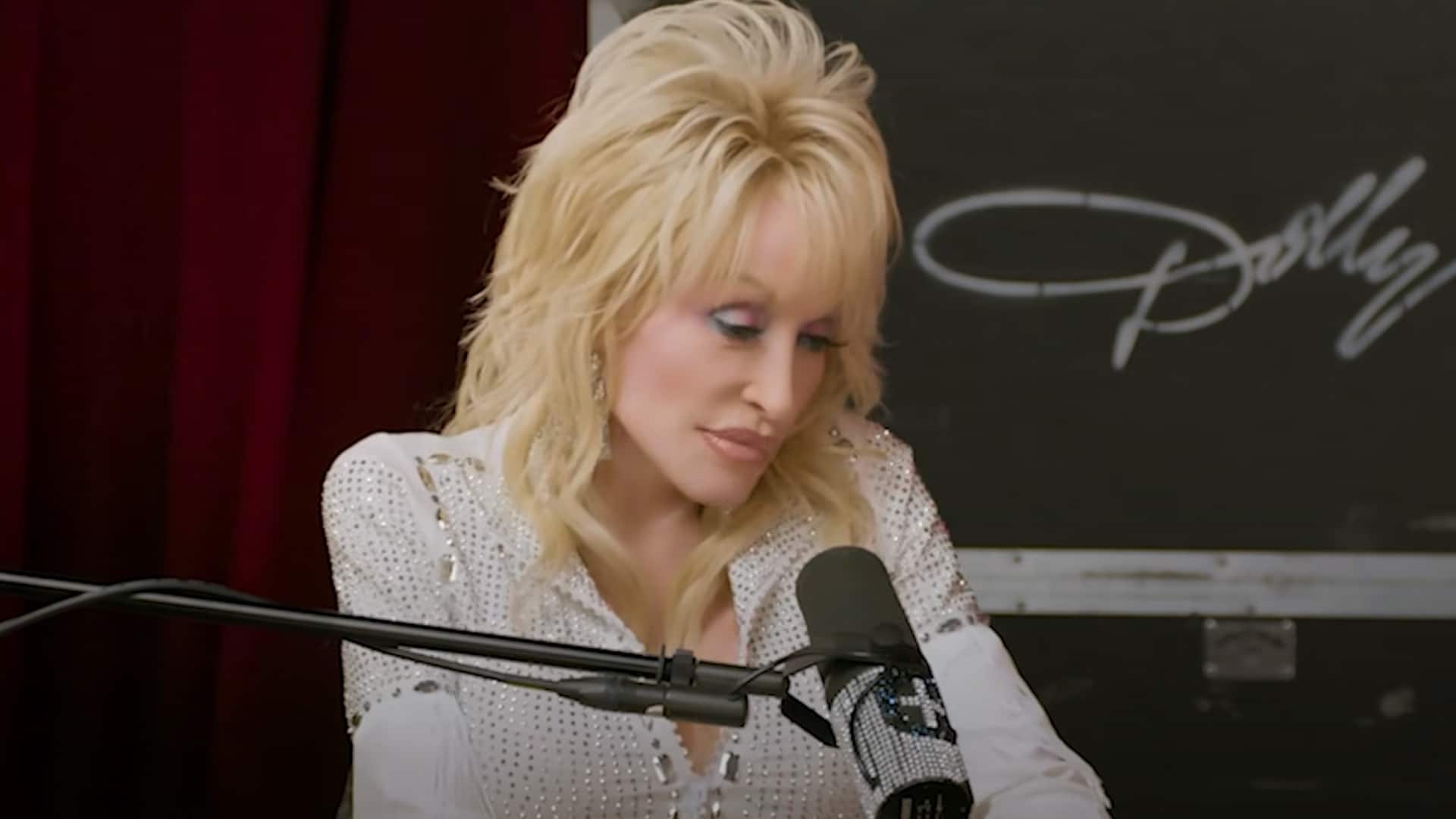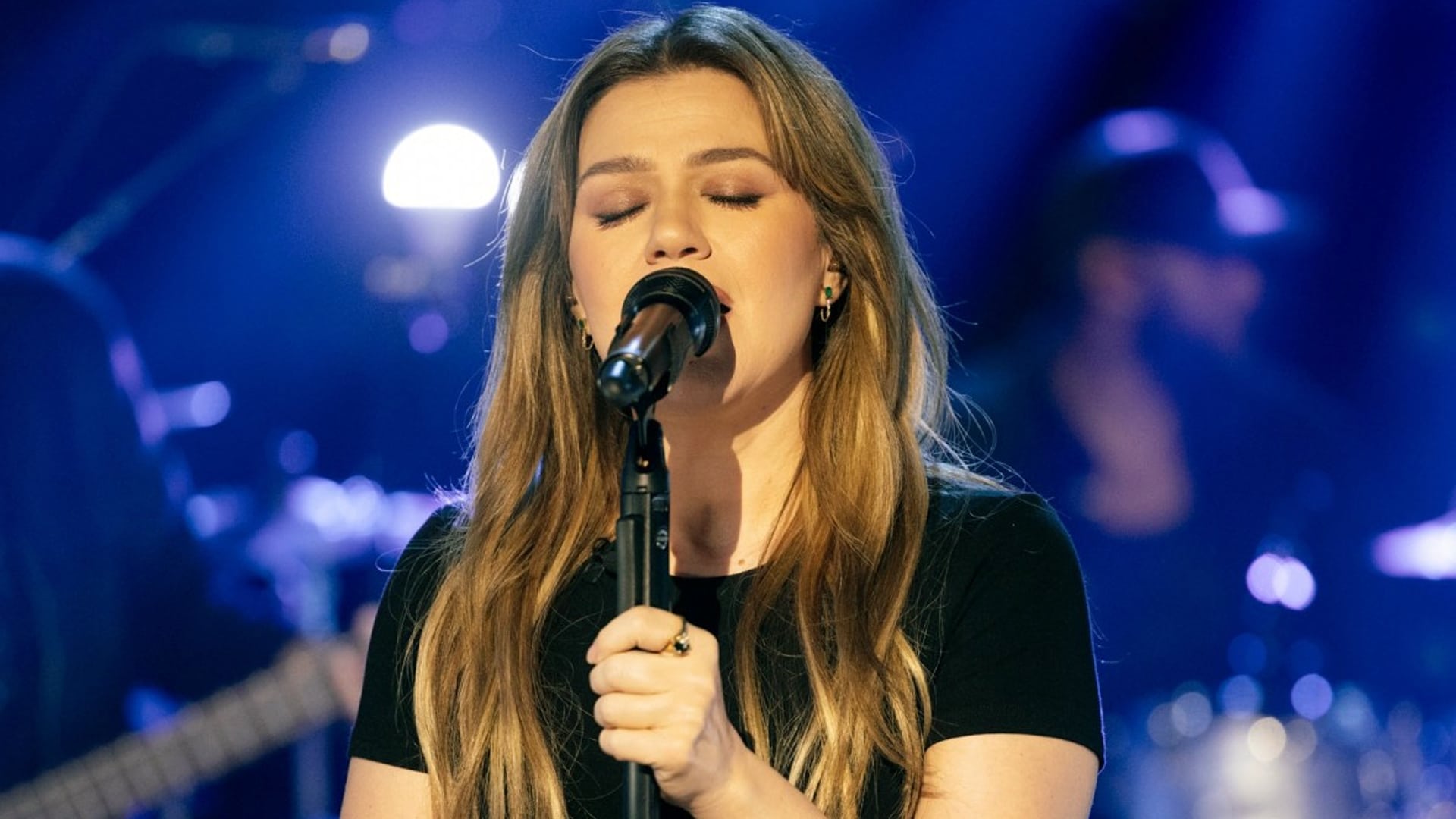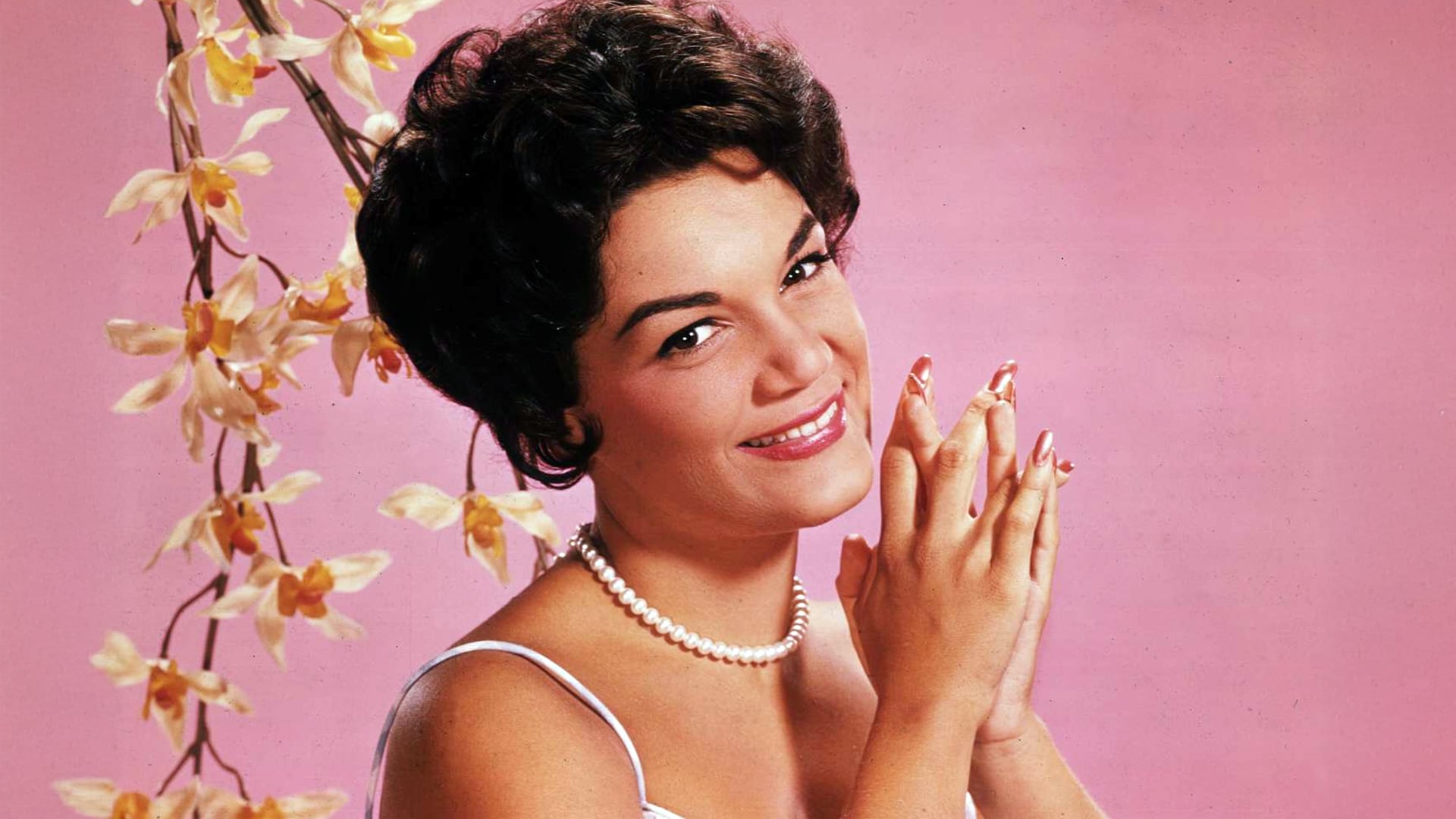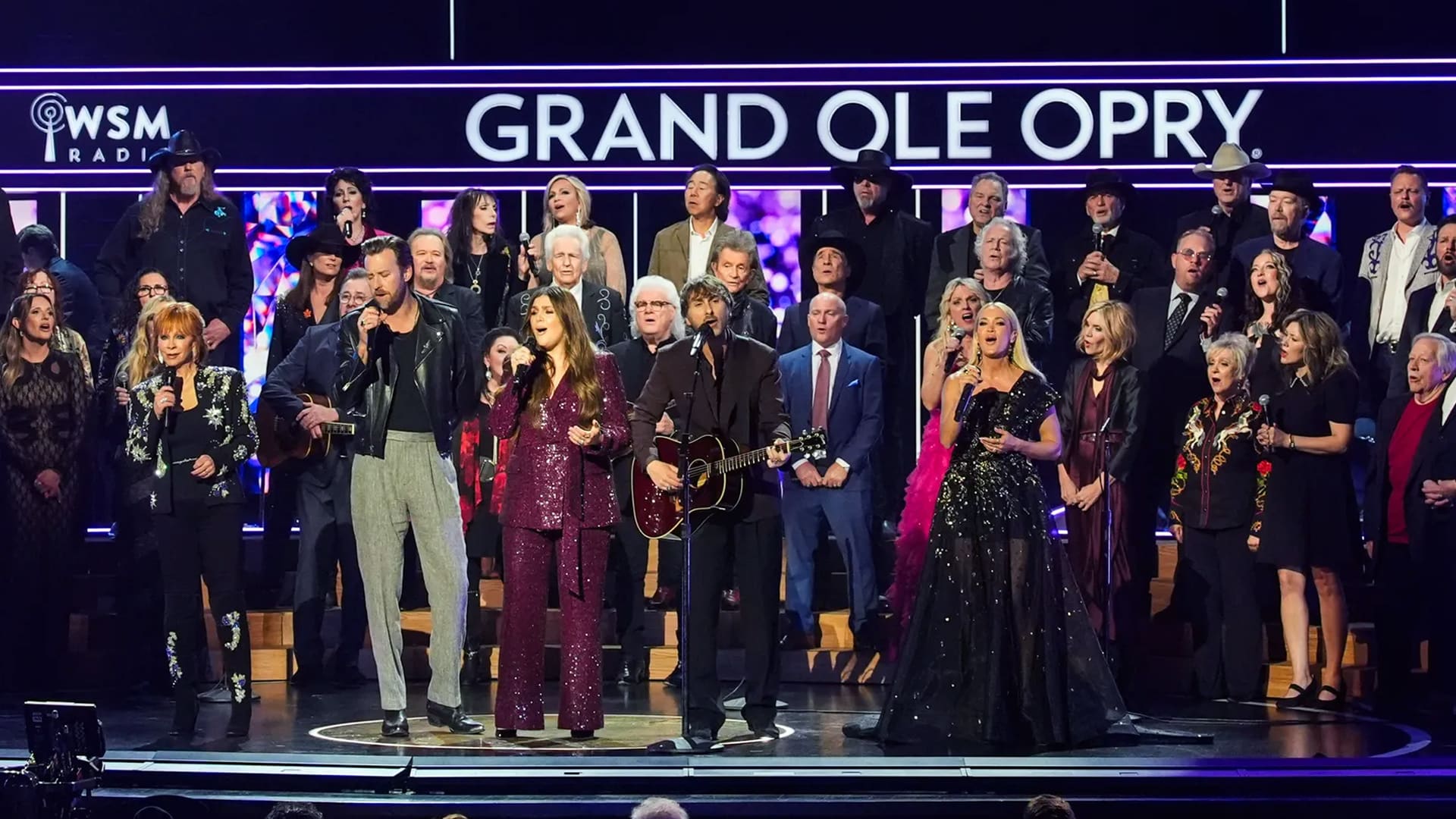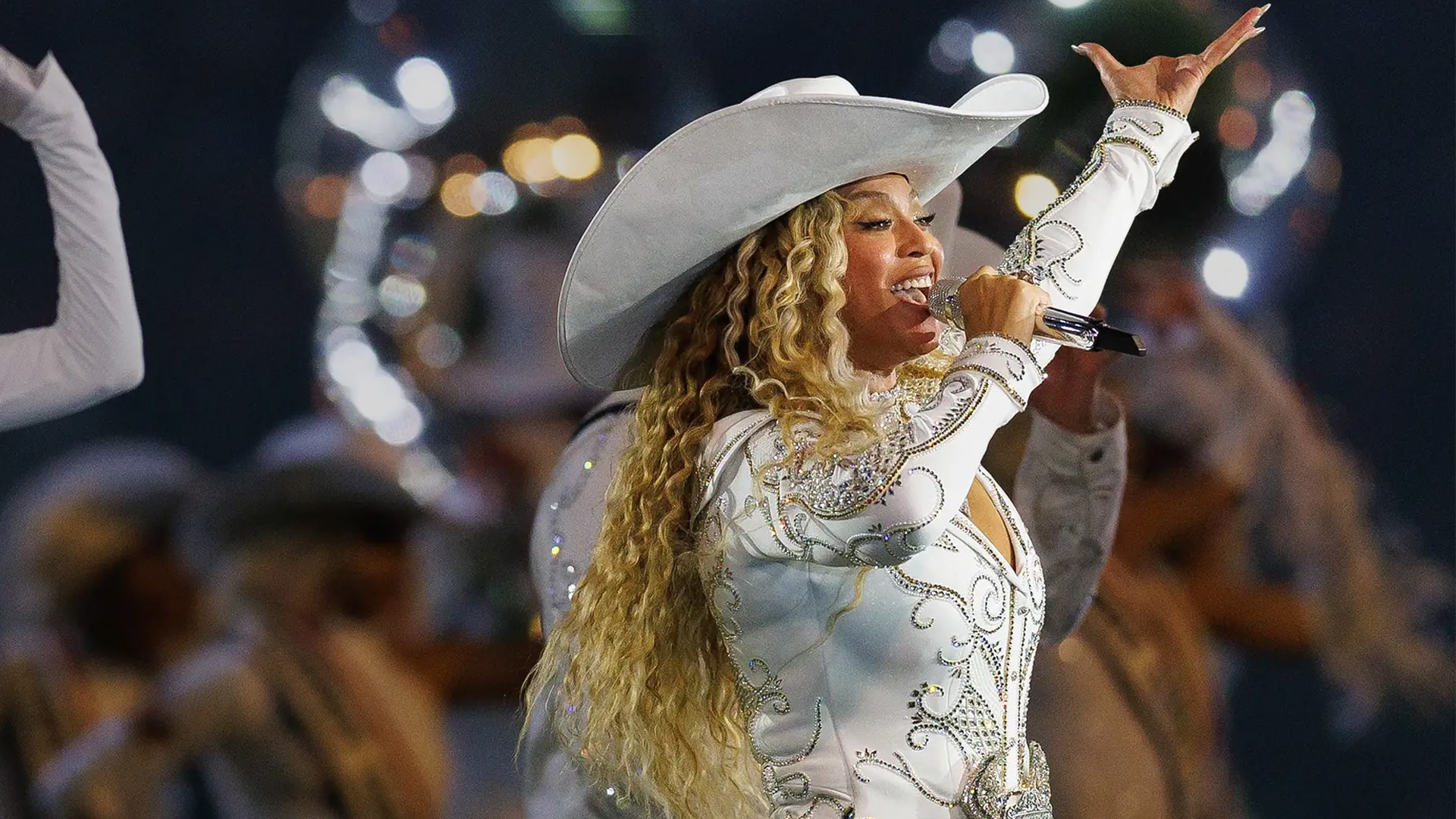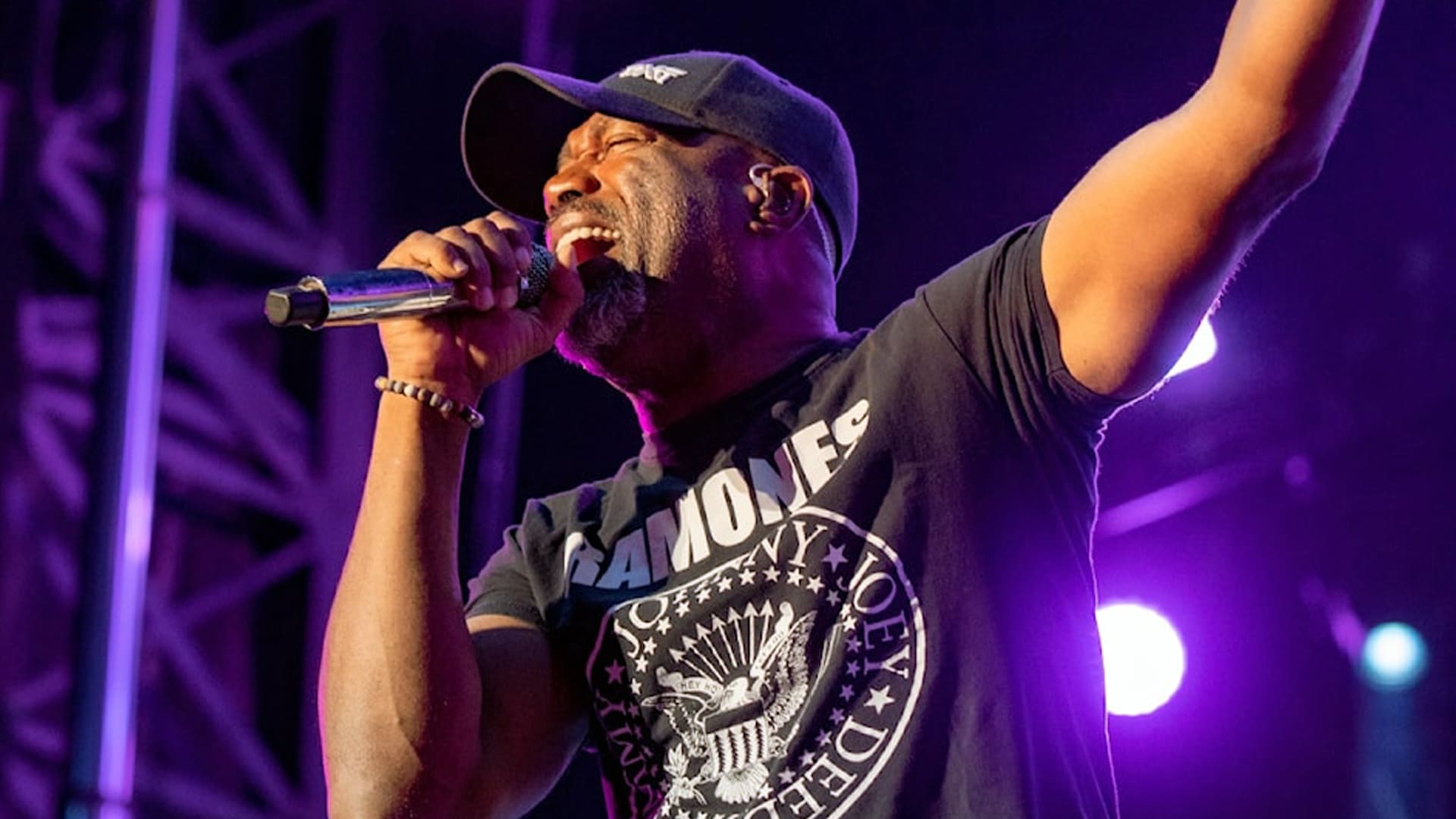For nearly two decades, Miranda Lambert’s name was practically etched into the stage at country music’s biggest nights. From the CMAs to the ACMs, she racked up award after award with the kind of consistency most artists only dream of—38 ACM Awards, more than any artist in history, and a long run of Female Vocalist of the Year wins. She wasn’t just nominated—she was the conversation.
Lately, though, that silence from the podium has grown louder. Fans have noticed. And now they’re asking the hard question: why isn’t Miranda Lambert being recognized anymore?
A recent Reddit thread didn’t just throw that question into the void—it dug in. And the answers weren’t wild theories. They were informed, sharp, and maybe a little uncomfortable. One of the more grounded takes pointed to Miranda’s label change. For years, she was with Sony Music Nashville—a label known for its deep roots in country and strong presence during award season. But her latest work, including Postcards from Texas, was released through Republic Records. That shift matters. Labels push. They campaign. They trade votes behind closed doors. And sometimes, the artist with the best song isn’t the one with the best machine behind them. One fan summed it up bluntly: “Her former label pushed hard. Her new one doesn’t.”
But this isn’t just about strategy—it’s about age, too. As unkind as it sounds, country music has a habit of making room for new women by quietly nudging others aside. Miranda, now in her 40s, has been at the top for a long time. And with artists like Lainey Wilson, Megan Moroney, Kelsea Ballerini, and Carly Pearce on the rise, the cycle is repeating itself. Miranda isn’t less talented. She’s just no longer the industry’s shiny new thing. And in a genre that still struggles with how to treat women beyond their breakout phase, that’s often enough to make the spotlight shift elsewhere.
Some fans also noted her recent work hasn’t had the same chart power as earlier hits. “Bluebird” and “Drunk (And I Don’t Wanna Go Home)” landed well, but newer songs haven’t dominated radio. Meanwhile, projects like The Marfa Tapes earned critical praise but weren’t built for mainstream chart success. And maybe they weren’t supposed to be. As one fan pointed out, Miranda might not be chasing hits anymore—just making the music she wants. That doesn’t always translate to trophies.
Others went further, questioning whether the awards themselves are even worth caring about anymore. “They’re bought and paid for,” one Redditor wrote. “They have nothing to do with merit.” That might sound bitter, but it echoes a sentiment shared by plenty of longtime country fans—especially those watching seasoned artists like Miranda get passed over while trendier acts sweep categories.
Still, it’s hard to ignore the impact Lambert continues to have. Her Velvet Rodeo Las Vegas residency was a critical and fan favorite. Her songwriting hasn’t lost an ounce of its edge. And her catalog still rivals anyone working in the genre today. She may not be winning trophies at the same pace, but her place in country music? Untouchable.
Maybe Miranda Lambert isn’t being snubbed. Maybe she’s just not playing the game the way she used to. And maybe the industry doesn’t quite know what to do with a woman who already carved her name into country history—and no longer needs their applause to prove it.

